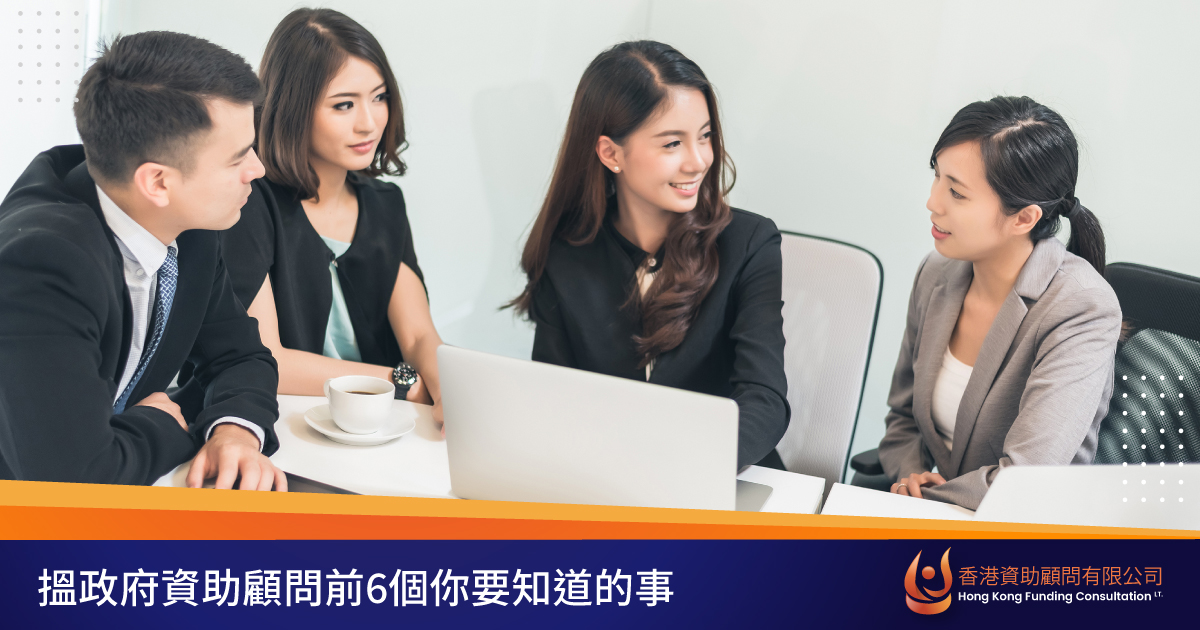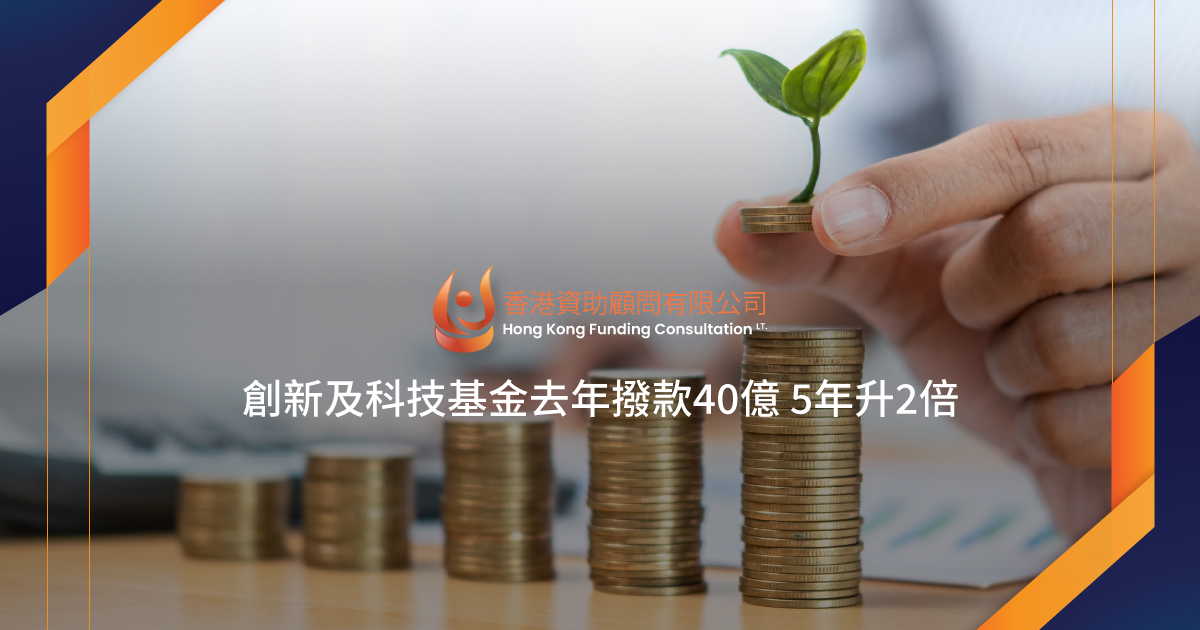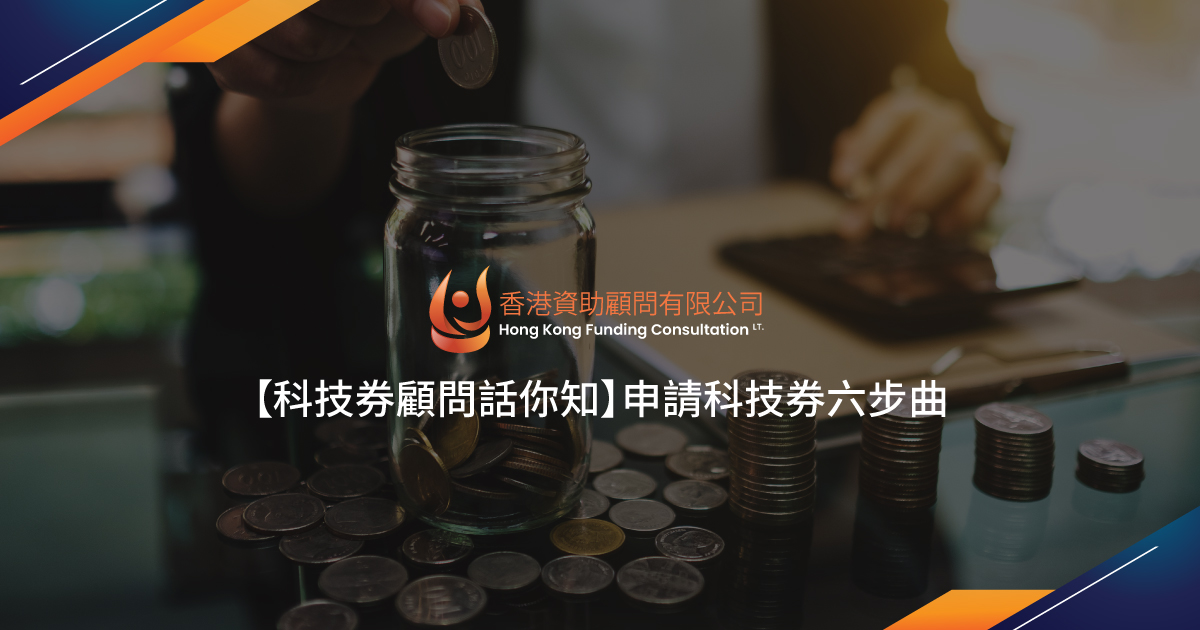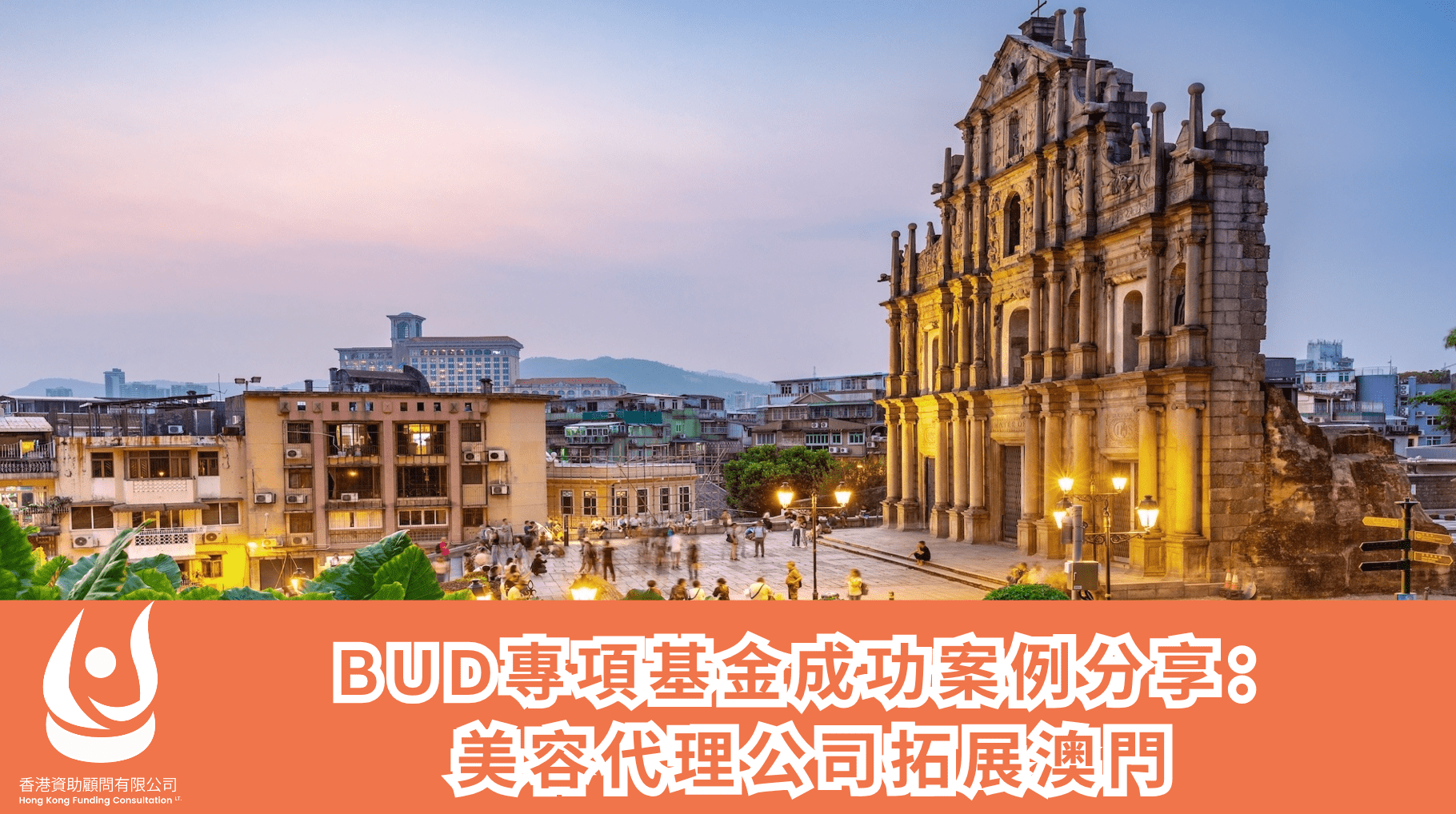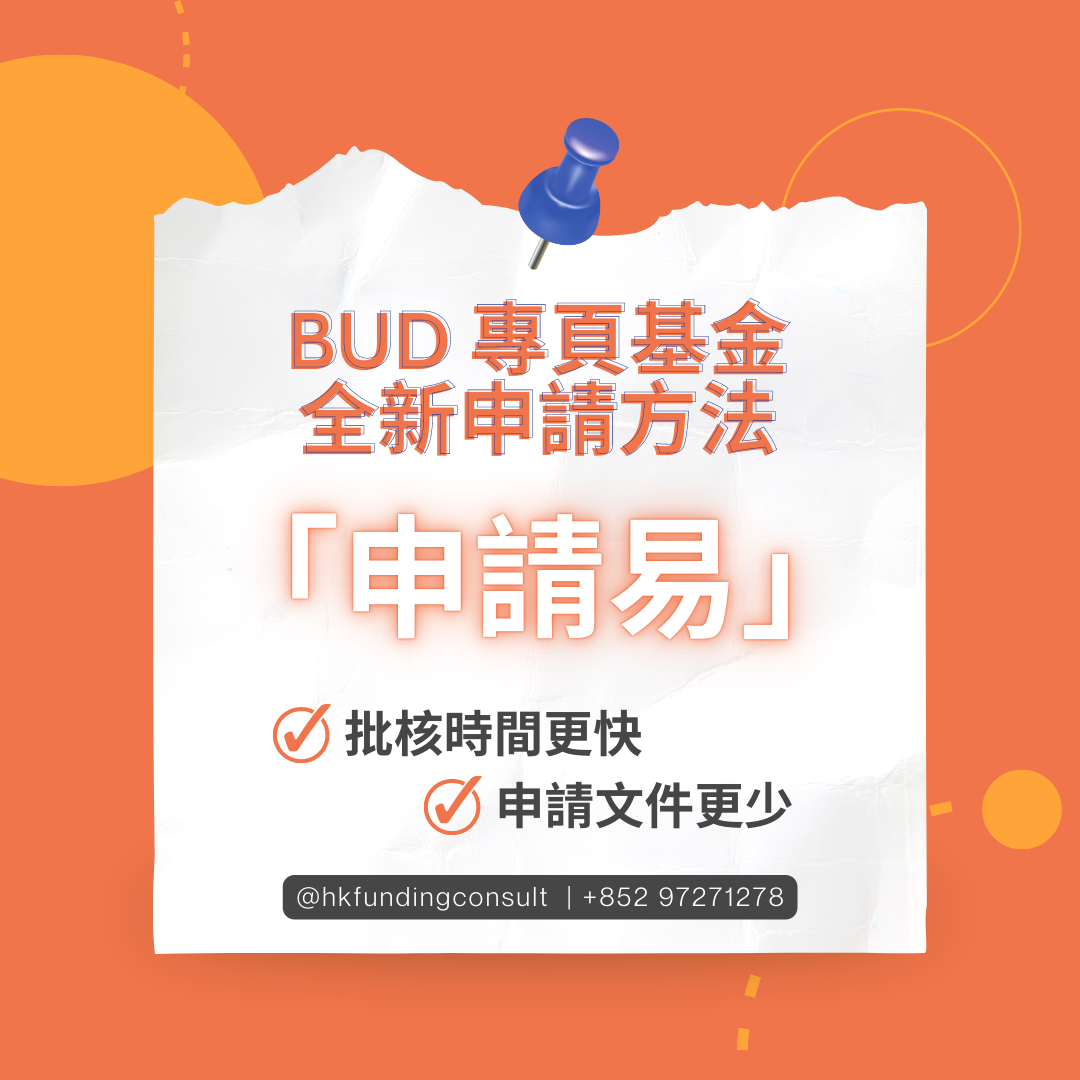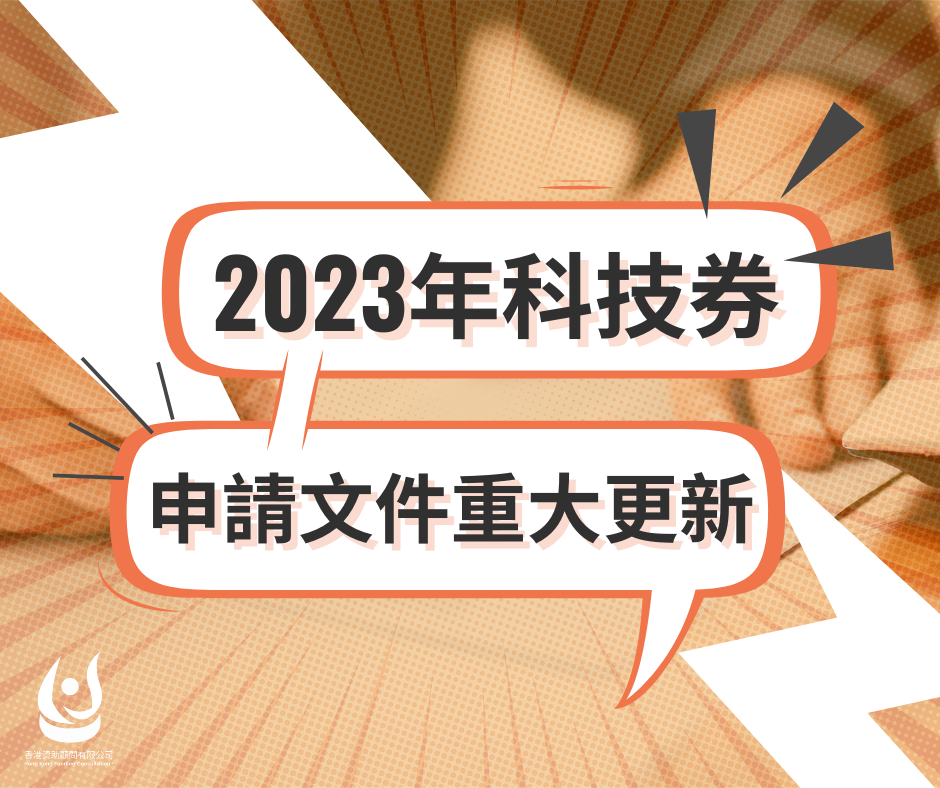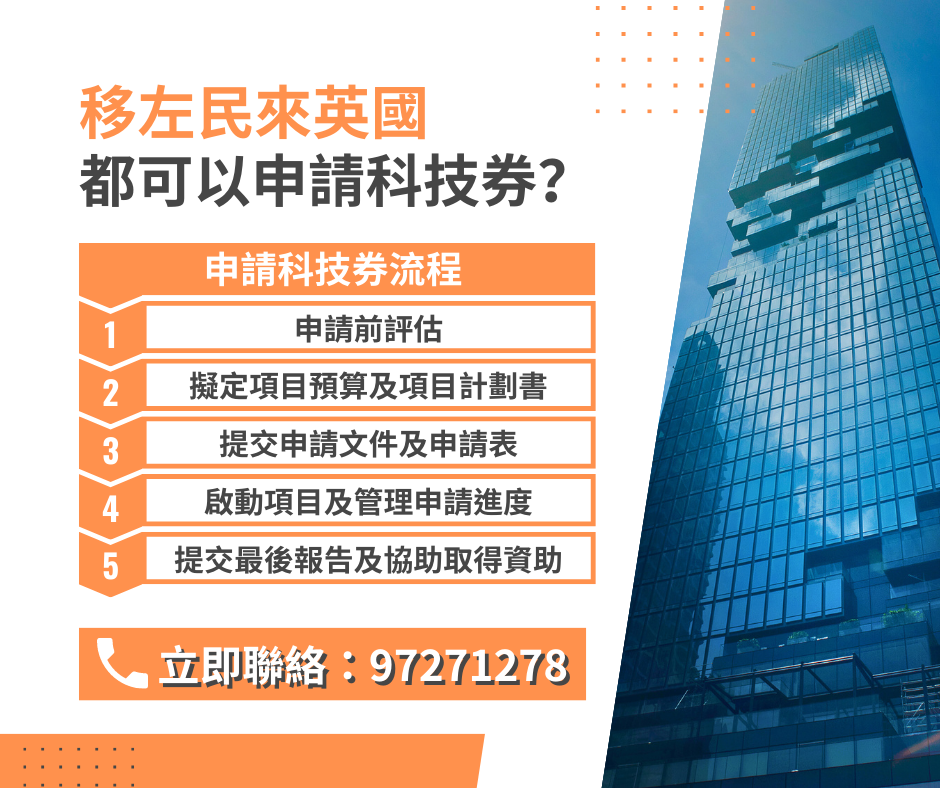How to Apply for Technology Vouchers
Any applicant can submit an application through the Technology Voucher Program Management System. Simply visit the Innovation and Technology Commission’s website to submit your application: https://www.itf.gov.hk/l-tc/TVP.asp
Please note: Before submitting the application form, ensure that you have the following required documents:
(a) A copy of the applicant’s Business Registration Certificate Form 1(a)/1(c) or the most recent Annual Return form (Form NAR1) from the Companies Registry. (b) Copies of documents proving that the applicant has substantial business operations in Hong Kong related to the proposed project when applying. Examples include invoices/receipts or business contracts issued within the last three months, the most recent audited accounts, MPF contribution records, and tax assessment notices from the Inland Revenue Department. (c) Copies of valid Hong Kong identity cards or passports of the persons signing the application form on behalf of the applicant. (d) Copies of all signed Declarations of No Collusion and Acceptance of Fair Quotation/Tender according to Section 12 of this guide. (e) Copies of quotations submitted by bidders, showing their detailed contact information (including address, phone, and email). Specify the quotations you intend to select and how each item on the quotations corresponds to the items of expenditure in Section B(I) of the application form.
What Projects Are Eligible for Technology Voucher Funding?
Technology vouchers provide funding to projects that utilize technology services and solutions to enhance productivity or upgrade and transform business processes. A list of typical technology services and/or solutions covered by technology vouchers can be found in Annex 2 of the Application Guide. Applicants can propose other technology services and solutions that achieve the goals of the Technology Voucher Program. Common solutions include user management systems, human resource process redesign, inventory management systems, ERP systems, POS systems, logistics management systems, online sales systems, customer relationship/information management systems, online stores, e-commerce platforms, online hotel booking systems, travel agency websites, insurance brokerage systems, and more.
Can Multiple Technology Voucher Applications Be Submitted?
Each applicant can only submit one technology voucher application at a time. If you need to submit two applications, you must complete the earlier approved project and submit the final project report before submitting a new application.
Can Companies or Organizations Without Substantial Operations in Hong Kong Apply for Technology Voucher Funding?
Companies or organizations registered as “shell companies” or with the majority of their primary business conducted outside Hong Kong are not considered to have substantial business operations in Hong Kong. Therefore, they do not qualify for technology voucher funding.
If a Company Has Received Other Government Grants for a Certain Technology Project, Can It Apply for Technology Voucher Funding Simultaneously?
Applicants cannot simultaneously apply for and receive direct local government funding for the same cost items in the same approved project. If an applicant owns two companies, and one has successfully applied for technology voucher funding, the other company can still apply for funding. However, please note that, since August 14, 2020, different legal entities owned by the same individuals with 30% or more ownership are no longer considered the same entity when calculating cumulative funding amounts.
What Is the Processing Procedure After the Innovation and Technology Commission Receives an Application?
After receiving the application form, the Innovation and Technology Commission will verify its eligibility and conduct an initial assessment. If necessary, the Innovation and Technology Commission may request clarification or supplementary information from the applicant.
Eligible applications will be considered by the Technology Voucher Program Committee (the Committee), while ineligible ones will be returned to the applicant by the Secretariat of the Technology Voucher Program.
The Committee consists of representatives from the business sector, technology sector, professional services sector, and relevant government departments. The list of Committee members can be found on the program’s website. Applications supported by the Committee will be submitted for funding approval by the Director of the Innovation and Technology Commission.
What Are the Evaluation Criteria for Technology Vouchers?
Each eligible application is reviewed and considered on a case-by-case basis. The evaluation criteria for technology voucher projects include:
(a) Whether the proposed project is relevant to the applicant’s business and expected to enhance competitiveness through increased productivity, cost reduction, efficiency improvement, or business process upgrading and transformation. (b) Whether the budget is reasonable. The Committee or the Innovation and Technology Commission may assess the costs by referencing market prices for relevant technology. Each expenditure item should be necessary and directly related to the project. (c) Whether the implementation details are reasonable. Considerations may include whether specific project outcomes have been defined. Additionally, implementation details should be practical based on factors such as the complexity of the technology and the project’s timeline. (d) Any adverse records known to the Technology Voucher Program Committee and the Innovation and Technology Commission regarding consultants and/or service providers, if applicable.
What Are Common Reasons for Past Application Failures?
Each eligible application is reviewed and considered on a case-by-case basis. Common reasons for applications not supported by the Committee in the past include:
Applicants failing to submit the required documents related to their application. Applicant companies not addressing/responding to questions raised by the Innovation and Technology Commission regarding the application in a timely manner. A significant portion of the project’s total cost comprising cost items for off-the-shelf solutions. Projects containing minimal or no technological elements, such as pure purchases of certain hardware or software, making them inconsistent with the program’s objectives.
Will Technology Voucher Funding Be Disbursed in Advance before the Project Starts?
For technology voucher applications received before December 1, 2019, the Innovation and Technology Commission will disburse funding, not exceeding two-thirds of the actual project cost (with the amount approved by the Director of the Innovation and Technology Commission as the upper limit), through reimbursement. Applicants should submit the required documents electronically through the program’s dedicated website within two months after completing the technology voucher project to arrange for the disbursement of approved funding.
For applications received on or after December 1, 2019, the Innovation and Technology Commission will disburse the first installment, up to 25% of the approved funding amount, according to the applicant’s request after signing the funding agreement. Applicants must first invest the same percentage of funding based on a matching principle. The remaining disbursements will be made after the Innovation and Technology Commission accepts the applicant’s project completion report.
Does Successfully Obtaining Technology Voucher Funding Mean That We Can Immediately Receive the Funding After Completing the Entire Project?
Applicants should submit the following documents electronically through the technology voucher program’s dedicated website within two months after completing the technology voucher project to arrange for the disbursement of approved funding:
(a) A final project report indicating the project’s completion, including a summary of project expenses and outcomes. (b) Evidence of project outcomes (e.g., consultant reports, delivery receipts, screenshots of software systems, photos of equipment/hardware, records of training conducted such as photos and training materials, etc.). (c) Original or duplicate invoices and corresponding receipts for each expenditure item. The payee’s name on the invoices and receipts must match the applicant’s name. (d) If the approved funding amount exceeds HKD 50,000, an audited income and expenditure statement for the project, prepared by an independent auditor, must be submitted to the Innovation and Technology Commission. (e) If the approved funding amount is HKD 50,000 or less, the applicant must prepare and submit a final income and expenditure statement, declaring its accuracy and compliance with the provisions of the funding agreement. When preparing the final income and expenditure statement, applicants can refer to the “Auditor’s Guide” in the “Audit Requirements” section mentioned in the Application Guide, which outlines the format of the audited income and expenditure statement. The Innovation and Technology Commission has the right to conduct a detailed review of the final income and expenditure statement.
Late submission of the required documents can result in deferred, reduced, or discontinued disbursement of project funding. If applicants encounter difficulties while submitting the final report or supporting documents through the dedicated website, they can contact the Innovation and Technology Commission for assistance.




